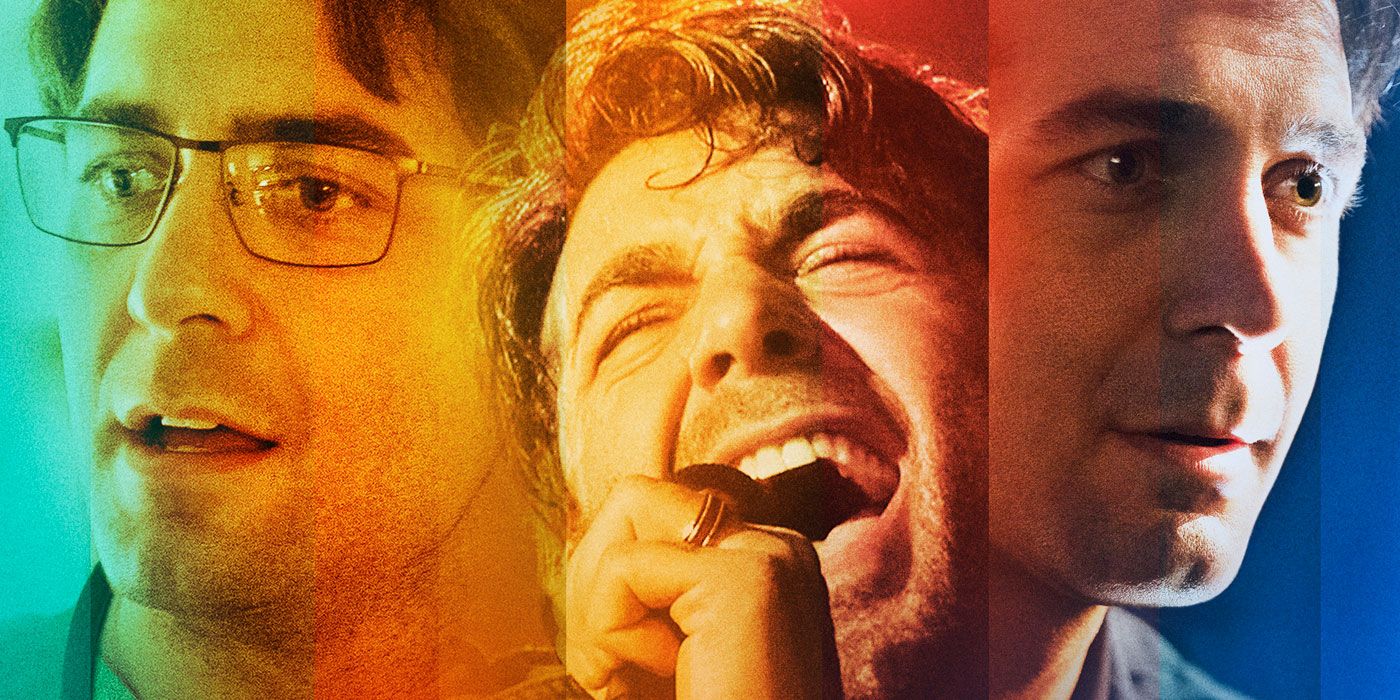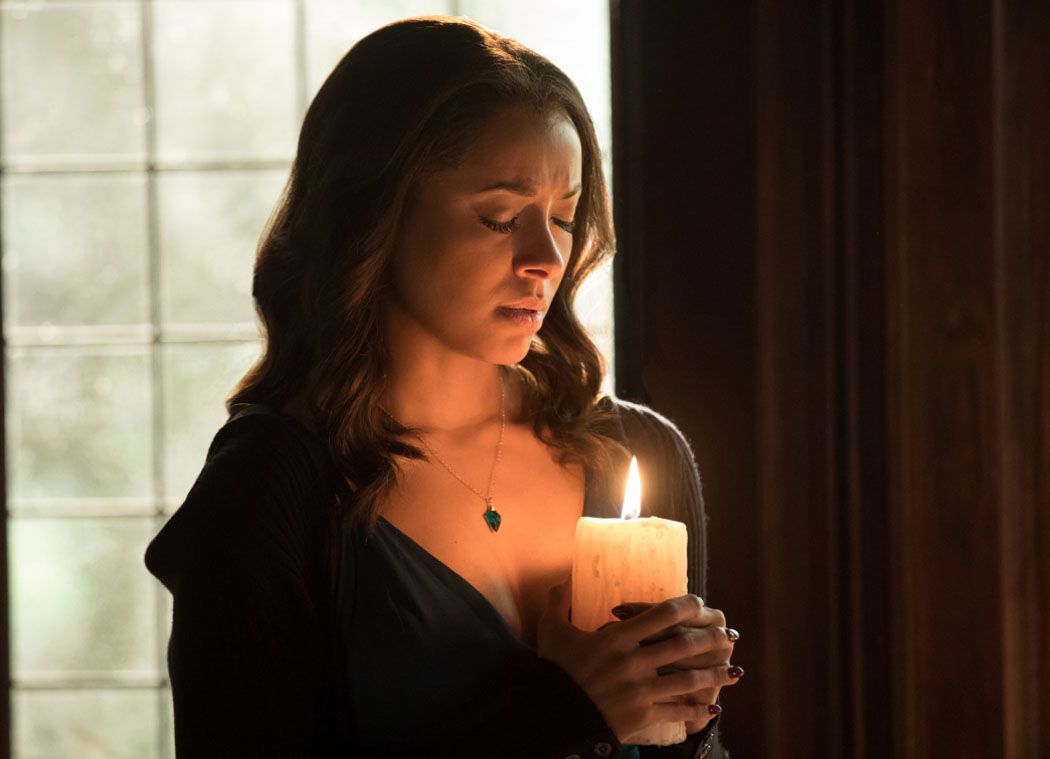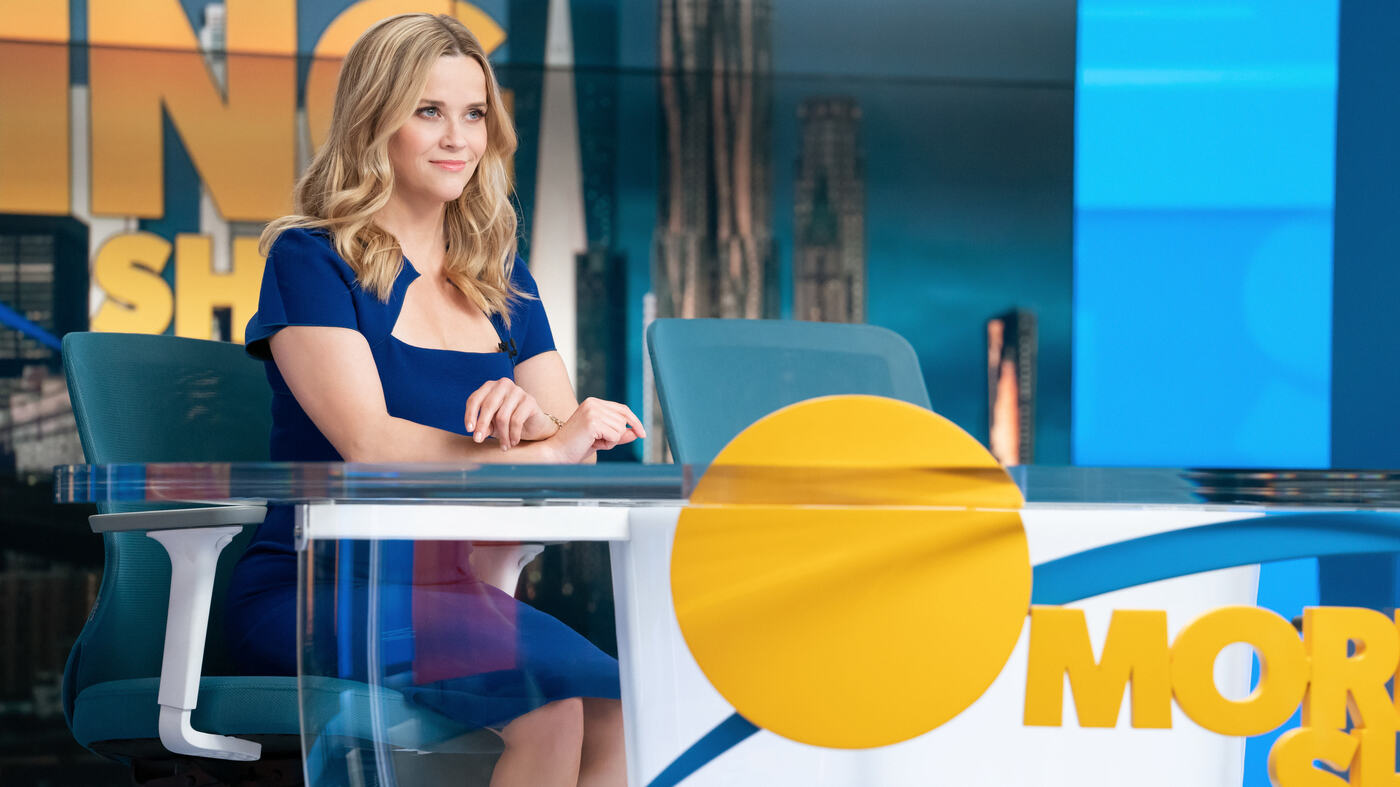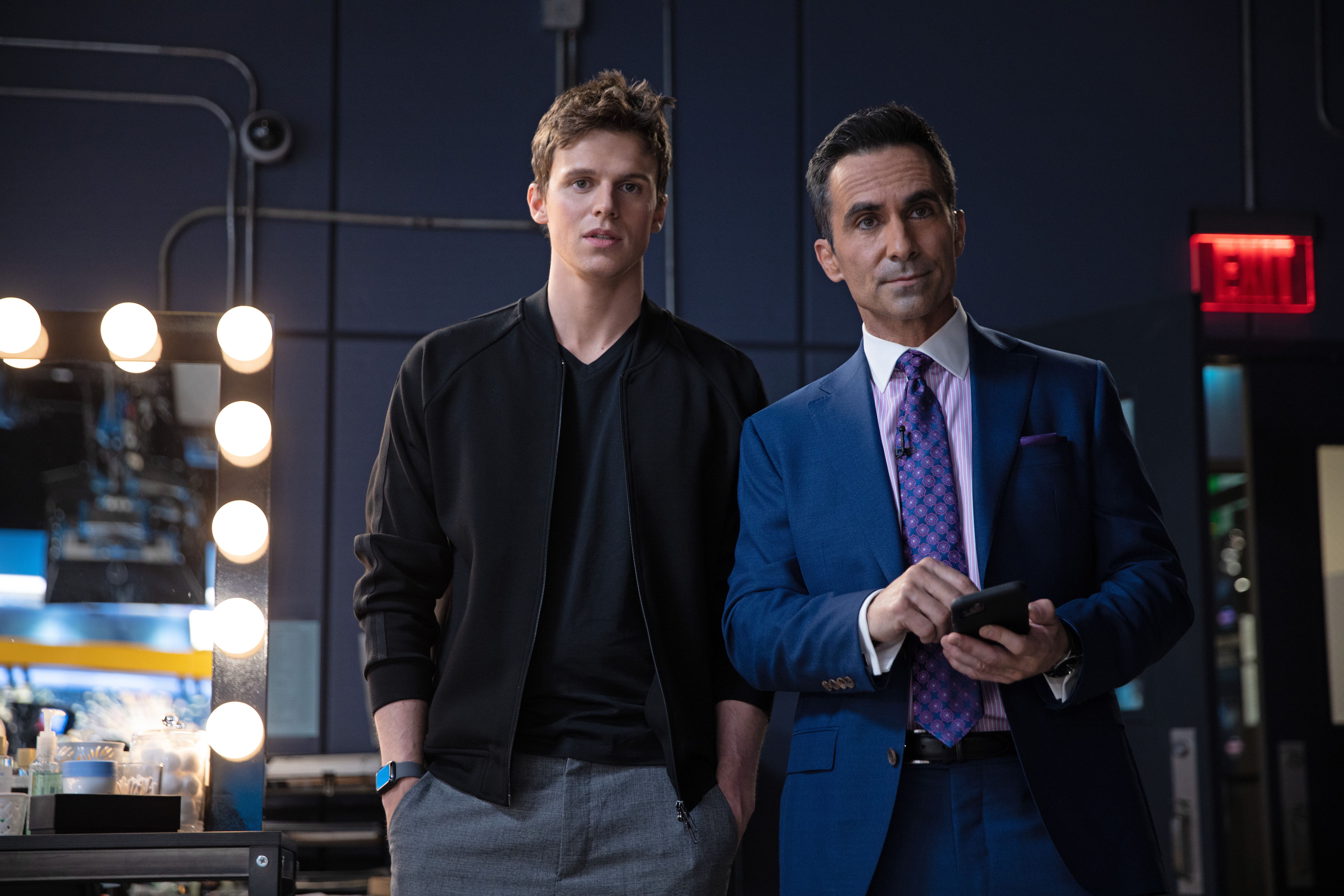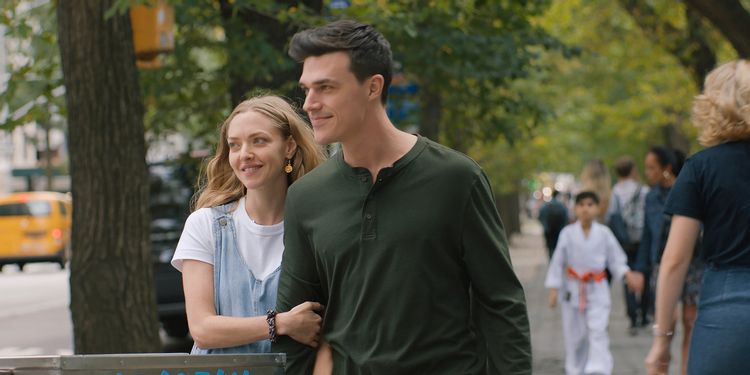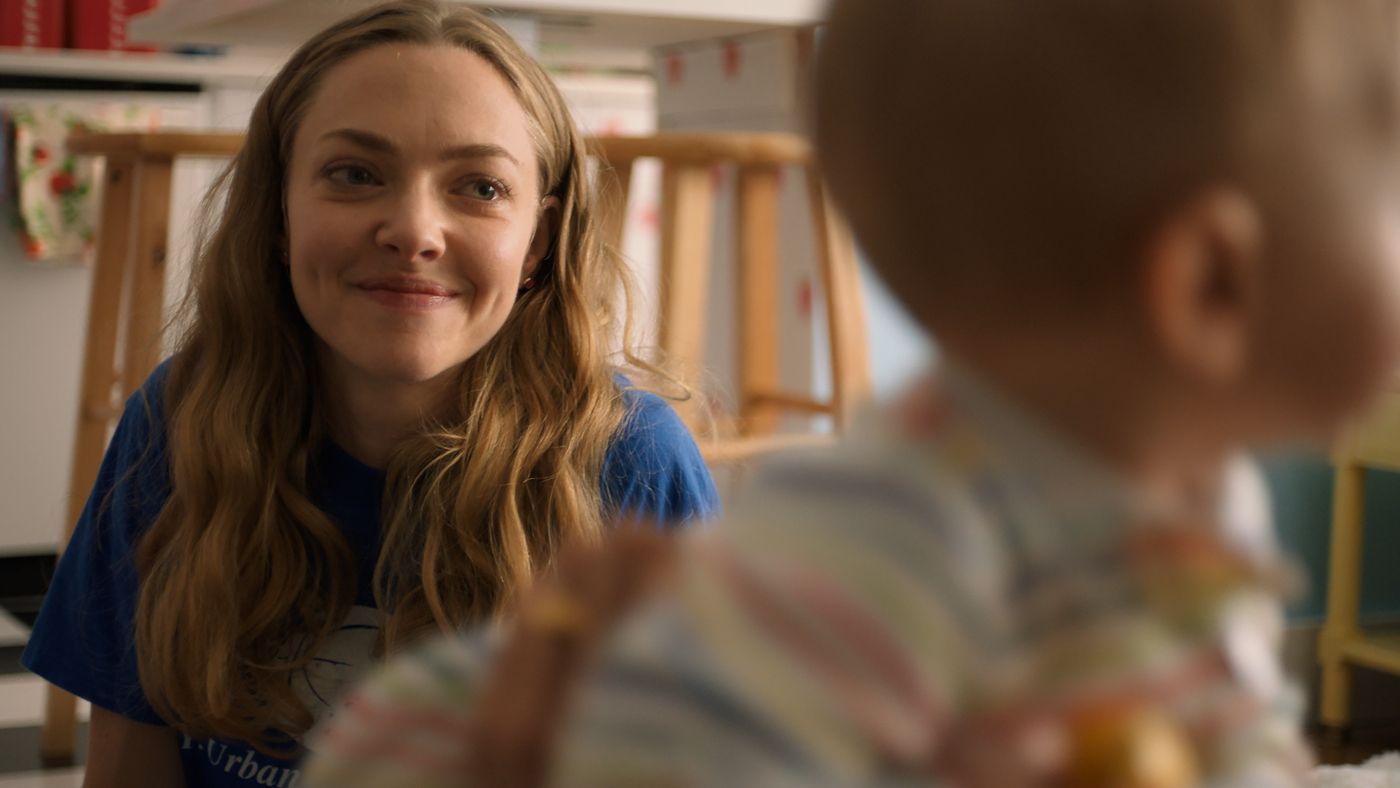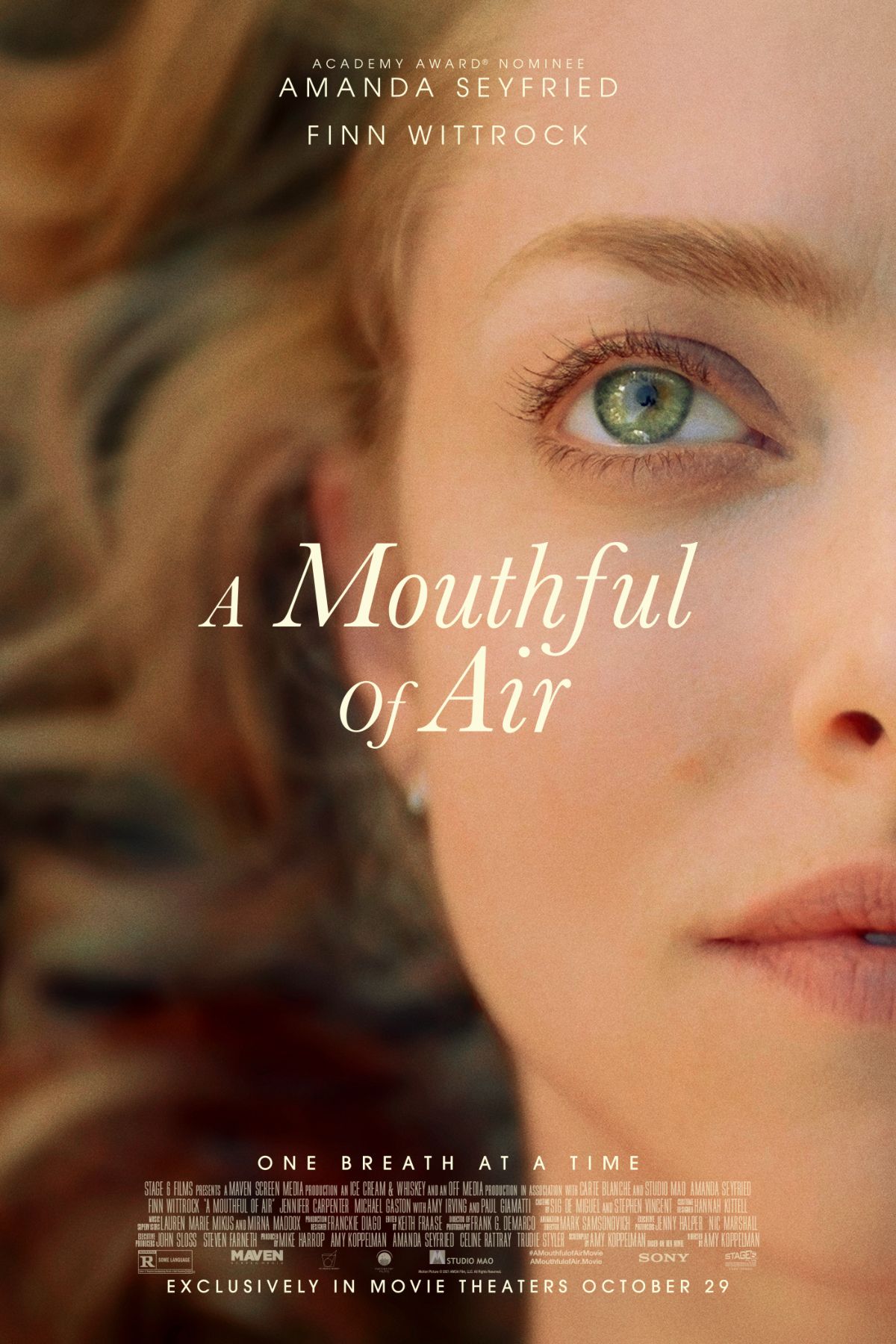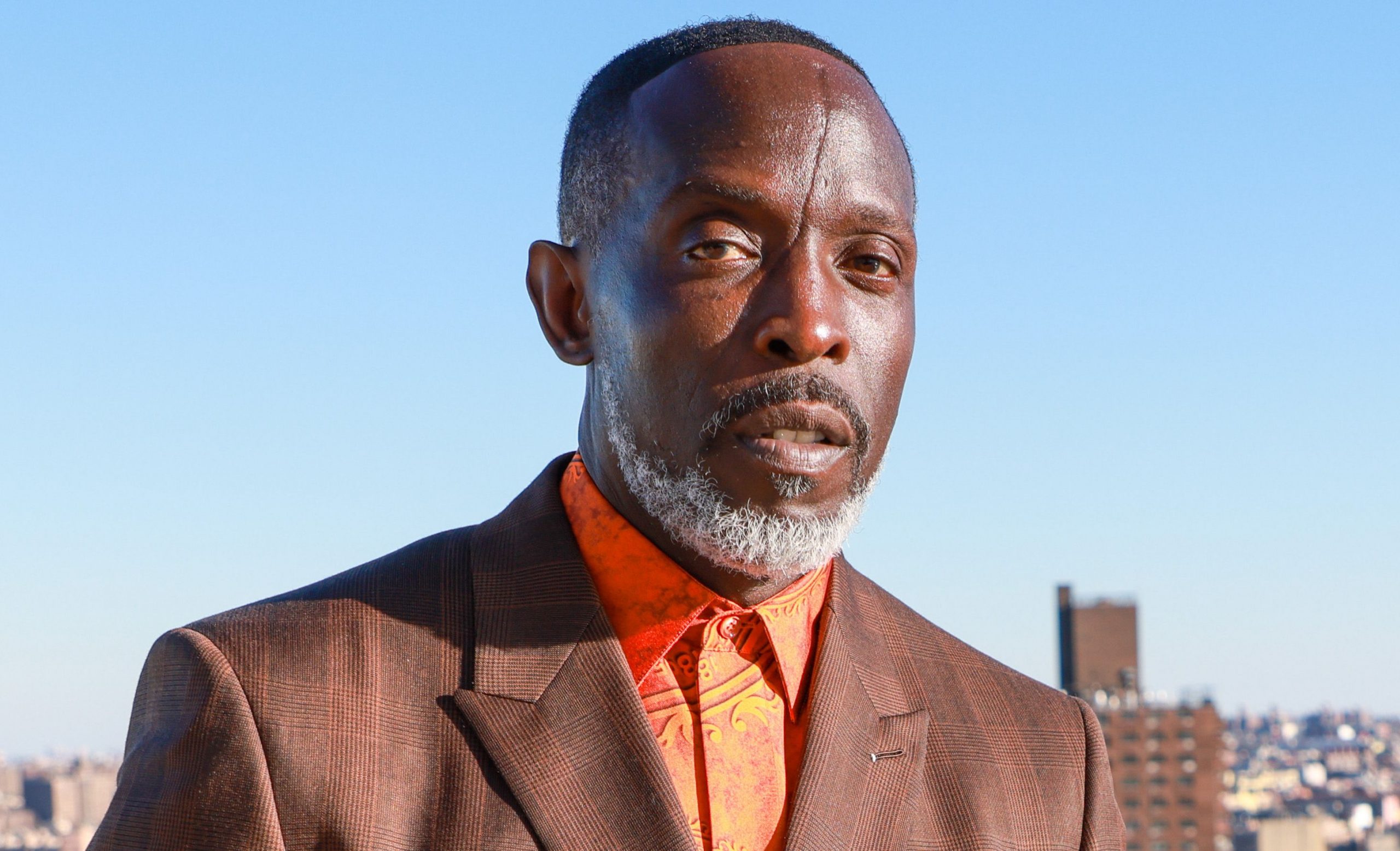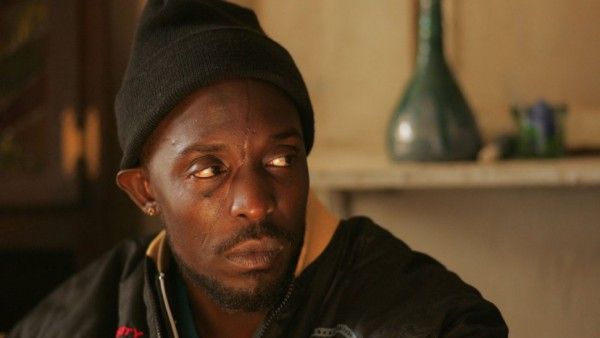NBC’s new drama Ordinary Joe isn’t just one genre — it’s a lot of them. The series focuses on three different lives being lived by the same man in three different realities, thanks to one fateful choice that Joe (James Wolk) made on his college graduation day 10 years ago. Whether he’s working as a nurse on the late shift, doing the rounds as a New York City cop, or touring the world as a famous rock star, though, there’s always something he’s still in need of finding, whether it be happiness in his work or a second chance at love.
It’s a big high-concept premise reminiscent of NBC’s wildly popular award-winning drama This Is Us, but as showrunners Garrett Lerner and Russel Friend told Collider in this two-on-one interview, they adapted the original pilot script written by Matt Reeves to be very personal to their own lives. Here, they explain how they came to work on the series, what went into casting an actor with a pretty specific disability, why the first season won’t get particularly weird, and how many seasons they think the series could go.
Collider: So I will say that I really enjoyed the pilot, and realized while I was watching that it reminded me of the last time I watched a really interesting pilot that felt like a really good short film, where I’m not totally sure where the show is going — the first time I watched the This Is Us pilot.
GARRETT LERNER: We felt the same thing when we [first read it]. This was originated by Matt Reeves — he wrote a script somewhere in the mid-2000s, and we were looking to develop something, read it and thought like, wow, this feels like a perfect NBC show, this feels like a This Is Us successor, such a beautiful little piece. And the network, they saw our vision and bought it and wondered the same thing, like where does it go as a series? We just had confidence in these characters, in these paths, in these stories that were going forward and we’d just been running with it ever since. Every time we go to the network to say, “Here’s what’s coming up in the next five episodes,” they keep thankfully being like, “Oh, we were worried and now we’re not.” So it’s going some pretty exciting places. I would say.
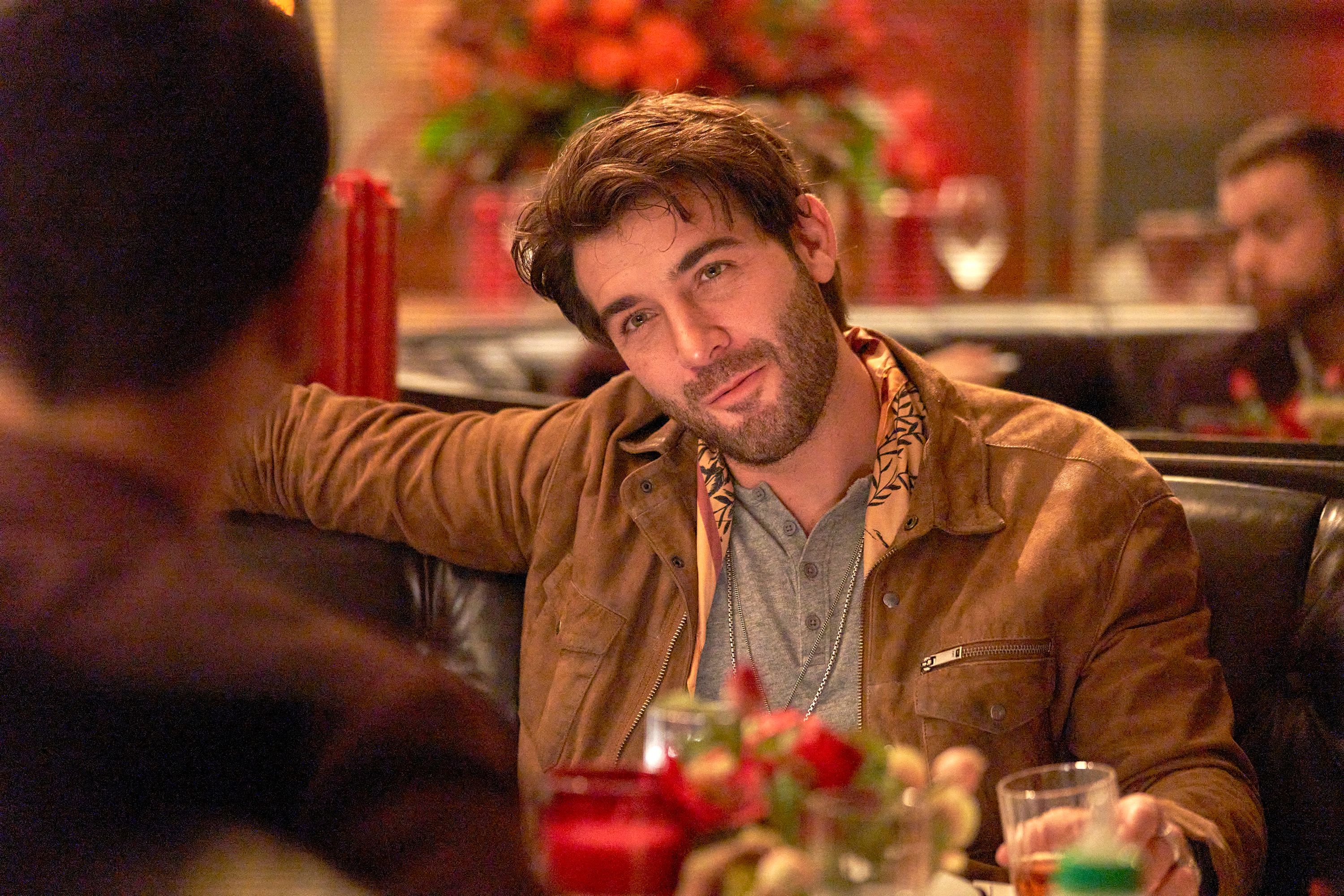
What was that exact moment where you got the script like? Was it a situation where you were in a general meeting and somebody said, “By the way, we have this thing we haven’t ever been able to crack”?
LERNER: Yeah. Every pilot season, usually Russ and I will have our idea for a show in this particular year, I think it was 2018. We didn’t have one, so our agency sends us to the various studios and various production companies and people sort of say, “Here’s what we do. We’ve got this book, we’ve got this.” So we had a couple dozen submissions from the various studios and production companies. And when we picked up Matt’s script, I immediately called Russell and was like, forget everything else. This is the one we’re doing. He read it, immediately called me back. And we both were like, we’ve got to go meet Matt Reeves. We’ve got to do this.
RUSSEL FRIEND: Yeah. And it was funny too, because in the meeting, I remember the execs, they pitched, I think three or four things. And then they were like, “Oh, and maybe we’ll also mention this other thing, this Matt Reeves project we had.” Because it was 10 years old, it had been in and out of development, it was originally at Sony — it was a complicated sort of past. So yeah, they almost didn’t even pitch it to us, but luckily they did.
So from the original script you were working with, what were the biggest things you ended up adding?
LERNER: We put a lot of ourselves into it, per Matt Reeves’ encouragement. When he met with us, he said, “This was a really personal thing to me at the time when I wrote it over a decade ago, and for you to do it well, you should put yourselves into it and make it personal to you.” So we moved locations, was one of the first things — instead of Northern California, we moved it to New York, which Russ could talk a little bit more about. Joe’s son, we gave this disease called spinal muscular atrophy, which is the same thing that my son has. So, you know, the phrase is “bleed on the page” — to just open ourselves up and make it really honest and true to what our lives are. And hopefully, the best product comes out of that. Russ, do you want to talk about the New York part of it?
FRIEND: Yeah, totally. I grew up on Oyster Bay, Long Island. So it was Billy Joel central. We were just thinking, it might be cool to move it. Let’s set it in New York and you could maybe grow up in Queens. I have family who live in Flushing and it just felt like kind of the perfect location for this family whose dad was a cop. It just felt like the perfect location for him to grow up. And that’s where he met Eric and they were best friends. And then, from there it sort of just grew into everything else — sending them to Syracuse came out of that.
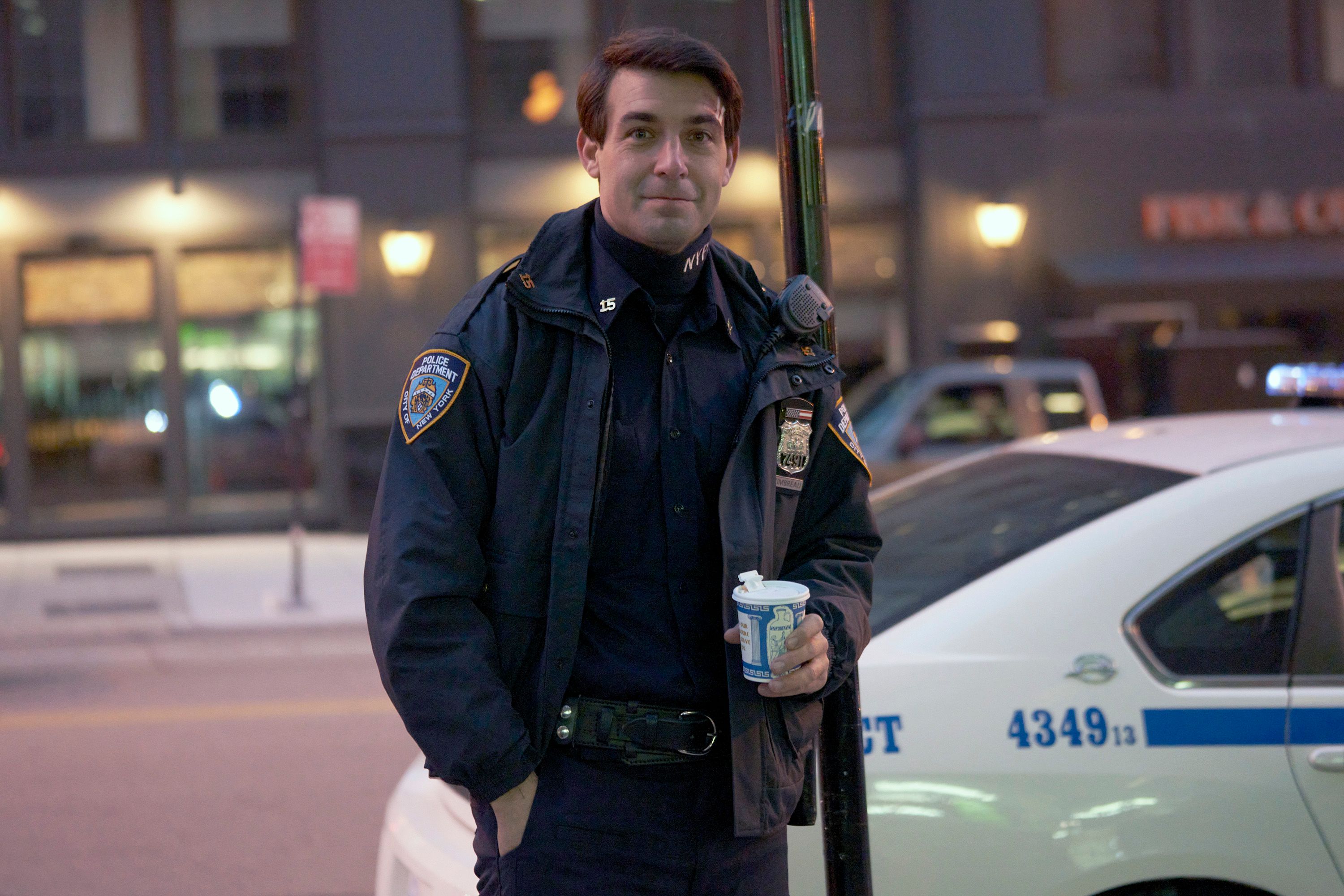
Also, a big part of the New York thing was that, for Cop Joe, we added the whole backstory that his father was killed in 9/11. And that became kind of a central focal point, obviously for his character, for all three characters, you know? So then New York became even more important. They were like, “Yeah, we’ll definitely keep it in New York.” So his dad was NYPD, he was on the scene that day and was killed. So that became a big part of the show and an important thing for us to do.
LERNER: And we changed two of the Joe’s career paths. Matt[‘s script] had a Lawyer Joe. And an English Teacher Joe — which we changed into Nurse Joe and Rock Star Joe, respectively, because we loved playing around with the idea. One of Matt’s characters, English Teacher Joe, was kind of a hopeful dreamer. And we thought, what if one of these Joes, instead of being a dreamer, has achieved those dreams, and how fun it would be to play around with that idea that, one choice could actually lead to full-on celebrity and stardom and then compare that to the other lives. And then, what is actual happiness? Is it, actual happiness to achieve what you think your dream is? Or can you find contrasting happiness?
I want to ask about the casting of Joe’s son because, especially if you’re going out to cast an actor with a specific medical condition in mind, I’m curious what the process of that was like.
FRIEND: Yeah, the studio was great. The very first casting concept meeting, we brought up that it was important for us to cast it with proper representation, not to just cast some young actor out of Hollywood and teach them to use a wheelchair. We wanted to find a disabled actor and so we wrote up some sides and we just kind of did a national search by sending them to the SMA community that I’m a part of, to the Muscular Dystrophy Association. And the casting people went even further than that. Our consultant, Shane Burcaw, helped get the word out — he’s a disability advocate who has spinal muscular atrophy as well.
And the technology has made it such that people with this, their parents, it was just like, “Hey, point this at your child and have them read the thing and then email it to us. It’s that easy now.” And so we got dozens of submissions. Scores. It’s really from all over the country and all from people who had not acted before, including John Gluck who got the role and who is beyond amazing, beyond our wildest dreams, of how this could have worked out.
John does not have spinal muscular atrophy. He has congenital muscular dystrophy. But nevertheless, having the proper representation, getting to know him, getting to know his family has made it even that much more special.
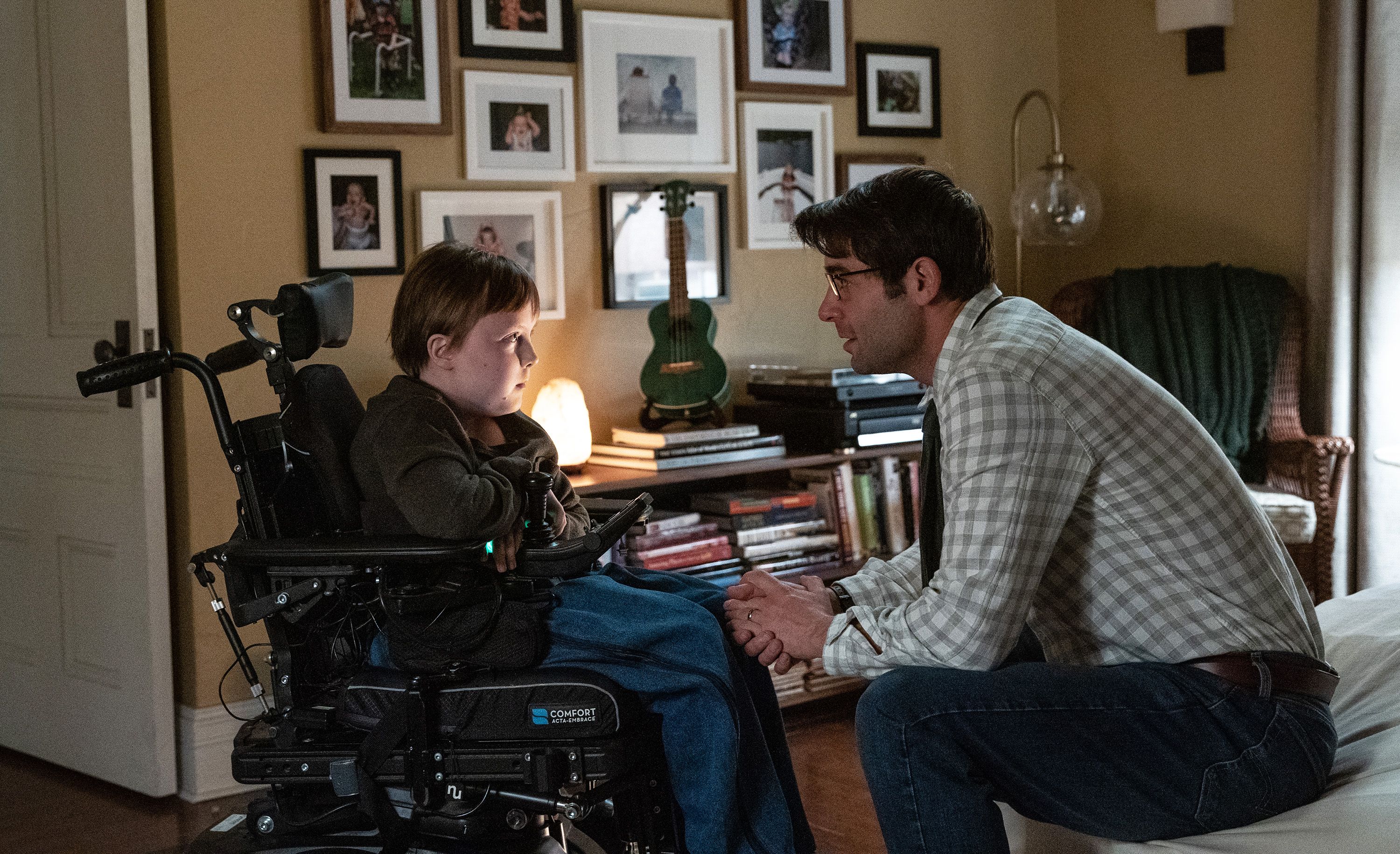
So of course this is not a genre show. It’s set in the real world. But I feel like inherent in the premise is the potential for genre elements, so I’m very curious — should I shut down all hopes of that happening? Will things stay pretty much in the drama realm, or will things get a little weirder as they go?
LERNER: They’re not going to get particularly weird, certainly in Season 1. It’s a drama in Season 1, a drama about the road not taken and being able to see the road not taken. Whether or not those paths ever converge or, that might be something that interests us down the line. But right now we’re just examining each of those paths in the most grounded, honest way, and seeing where that takes us. And so far, it’s kept our interest as writers without going to that sort of sci-fi place.
FRIEND: Yeah. You never know though.
LERNER: You never know.
FRIEND: Yes, cause a lot of people have asked us that. Especially when we were first pitching it. Well, what’s the thing are we going to find out, it’s like, he’s dreaming all this or he’s in a coma? We don’t want to do any of that, but who knows? For now, yeah, we just want to examine these three different worlds, three different lives.
I mean, it helps that any one of these three shows could easily be its own show.
LERNER: Yeah. We would have a lot more cop story and a lot more medical story, if we had just done the one or the other. A lot more touring and concerts, if we have done that.
FRIEND: That was one of the things when we were casting, we really took a long time, but we got really super lucky with obviously all our casts, but especially our top four because we feel all of them could basically be the lead of their own show. Like you’re saying, so it’s like, we can have all these. It is like three different shows. And like we want to, in the future, branch out and give more story to Charlie and Natalie and Elizabeth. So it could be even a law show because since [Jenny’s] a lawyer. We could have that.

Is there the possibility for a breakout episode where it’s three different realities of, say, Charlie’s?
LERNER: Certainly down the line. We’re not currently planning yet in season one for that, but we do have episodes still within season one that focus more on Charlie or that focus more on Natalie or that focus more on Elizabeth. But we haven’t split off. I mean, they do each have three realities. Like every character lives in those three realities, but at least within season one, those realities are defined by the decision Joe made after college. And that’s what caused these three paths. Certainly in future seasons, yes, there could be a world in which Natalie made the three different choices or Elizabeth made the three different choices.
Sure. In terms of talking about the season versus the future, do you feel like you have a multi-year plan in place?
LERNER: Yeah, I think so. There is. And like any plan, you never know how much of it will survive. But we do have a very rough plan and luckily that’s the great thing about our writers’ room — we have just a great bunch of writers. And when we first started the room and kind of walked through where we think things could go and sort of the arc of the season, the great thing is, people have tons of ideas that can then be like, “Oh, well, that’s a better idea. Let’s do that.” And that can take us in a totally different direction. So we have a rough plan, but we’re open to that plan completely changing and evolving.
In that plan, do you know how many seasons are looking at?
LERNER: At least like 15 to 16? [laughs] At least. I don’t know. I guess in, in our heads, I think it was like five or six, cause I felt that’s what This Is Us is doing. But who knows?
Ordinary Joe premieres September 20 at 10 p.m. on NBC. New episodes will premiere Mondays.

